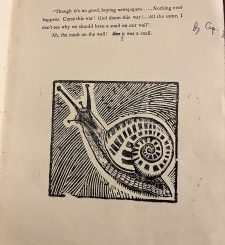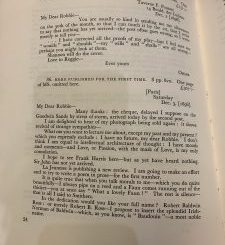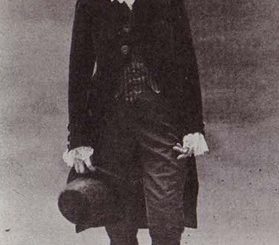Love and Letters: Unveiling How Oscar Wilde’s Personal Life Influences the Message of Love in “The Nightingale and the Rose” by Matt L.
As suggested by the title, The Original Manuscripts, Letters & Books of Oscar Wilde is a collection of original manuscripts, letters, and books of Oscar Wilde, curated by Stuart Mason. It includes an array of works from early manuscripts of Wilde’s plays, letters from Wilde to his friends and family, including Robert Ross and Lord Alfred Douglas, and Rare and unpublished items, such as a manuscript of Wilde’s unfinished novel The Picture of Dorian Gray Part II. The collection is significant for a number of reasons. First, it provides a unique glimpse into Wilde’s creative process. By examining his early manuscripts and letters, we can learn more about how he developed his ideas and how he crafted his stories. Second, the collection sheds light on Wilde’s personal life and beliefs. His letters and manuscripts often contain personal reflections and insights into his thoughts and feelings about a variety of topics, including art, love, and religion. Third, the collection helps us to see Wilde’s work in its historical context. By seeing how his work was published and received in its own time, we can get a better understanding of its cultural significance and its impact on subsequent generations of writers and readers.
The old, textbook-sized object provides a raw, unfiltered glimpse into his personal life and thoughts. In particular, the contained letters to Robbie Ross are significant primary sources that provide us with valuable insights into Wilde’s personal relationship with Robbie, his male lover. A stronger understanding of Wilde’s love life augments our reading and understanding of Wilde’s works on love, such as “The Nightingale and the Rose.” The object provides a newfound context to his writing as well as his creative thought process. In the attached picture is one of Wilde’s letters to his long-distance lover:
“Dearest Robbie.
You never write to me now – so I dont know if it is worth while informing you of my movements. However, I leave Rome tomorrow for Naples-thence by boat to Genoa-thence to Chambrey–where awaits me, or should do so, with his automobile and so to Paris- I suppose one of us will arrive safe – I hope it will be me. Rome has quite absorbed me. I must winter here it is the only city of the Soul. I have been to Albano, and Nemi, and Tivoli– and seen much of Armand Point who is really a dear fellow – gay and romantic – simple and intellectually subtle – with an inordinate passion for beauty in its most complete expression, and an inordinate love of life. My photographs are now so good that in my moments of mental depression, I think that I was intended to be a photographer, But I shake off the mood, and know that I was made for more terrible things, of which color is an element. The cloister or the cafe-there is my future. I tried the hearth, but it was a failure.
Ever yours,
Oscar”
The letter from Oscar Wilde to Robert Ross provides a number of insights into the author’s understanding of love and his intended meaning in “The Nightingale and the Rose.” First, we notice the apparent absence of communication from Robbie noted by Wilde, which suggests a strain on their relationship. Ross’ receding communication coupled with Wilde’s expressed hope that one of them will “arrive safe,” reflects a yearning for connection and emotional intimacy. These real-life emotions experienced by Wilde further emphasize the themes of unrequited love, sacrifice, and risk in “The Nightingale and the Rose.” In addition to revealing his own relationship issues, the letter reveals that Wilde was a deeply passionate person. He writes of his “inordinate passion for beauty in its most complete expression” and his “inordinate love of life.” This passion is evident in his letters as well as “The Nightingale and the Rose,” and proves that the short story is not intended to mock the student’s fruitless pursuit of love. Finally, Wilde finishes every letter to Robbie with “Ever yours.” In each letter, Wilde refuses to ever stop loving Ross, despite his lack of communication. Similarly, in the end, the short story suggests that love is a choice that we must make, even though it may not always be easy. The nightingale chooses to sacrifice herself for the student, even though she knows that he may not appreciate her gift. With the additional context of his personal letters to Ross, Wilde proves to look admirably on the hopeless romantic in both the nightingale and himself. In this light, the short story ends as a brave display of romance by the nightingale rather than a tragic pursuit of love from the student.
In essence, Wilde’s letter to Robbie Ross provides a backdrop of emotional nuances and uncertainties that resonate with the thematic elements of love in “The Nightingale and the Rose.” The Original Manuscripts, Letters & Books of Oscar Wilde serves as a valuable piece for understanding the personal and emotional context that might have influenced Wilde’s exploration of love in his literary works.











Recent Comments